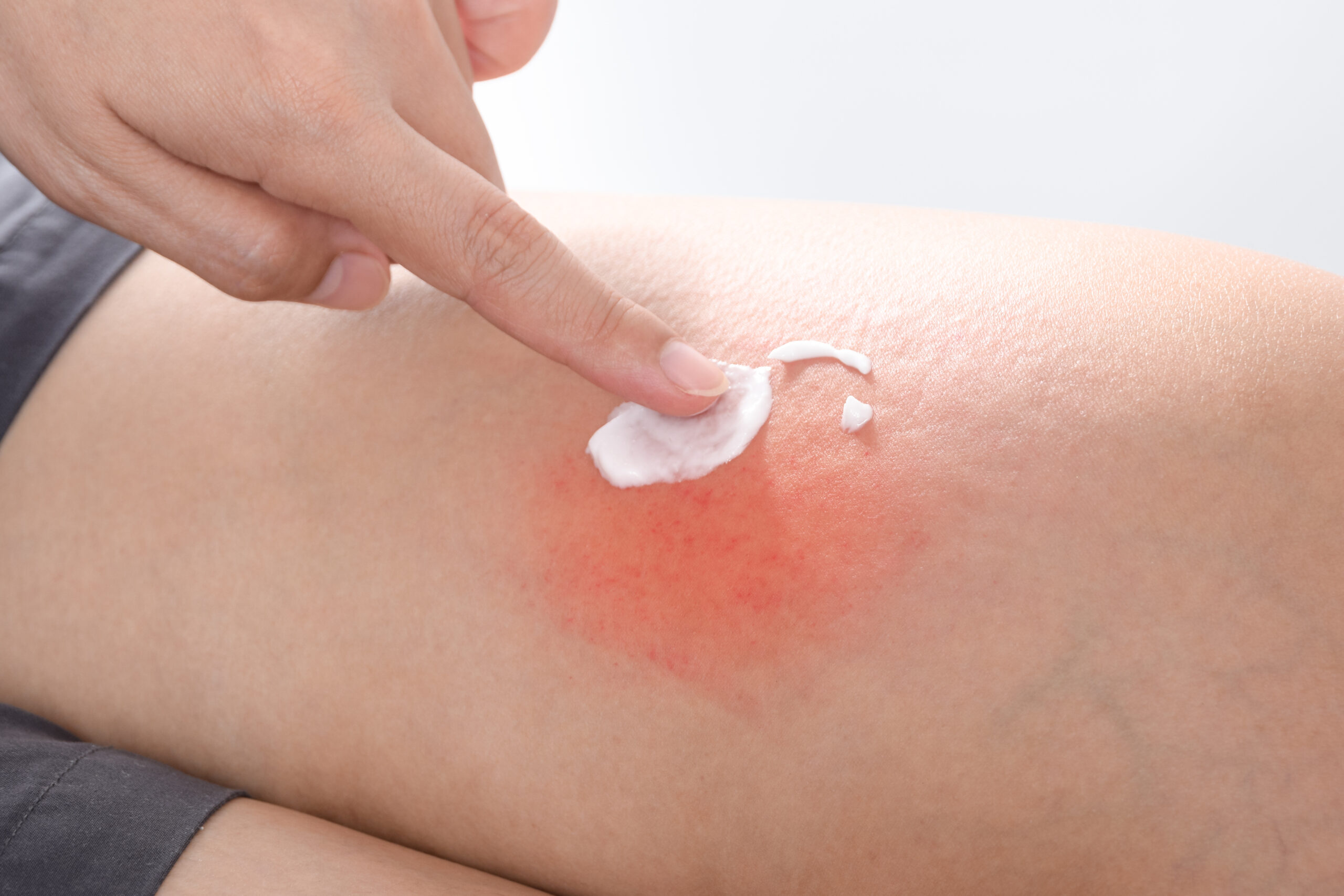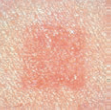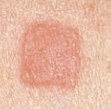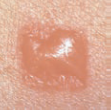
Allergic Contact Dermatitis and Patch Testing
Patch testing is the only test for allergic contact dermatitis. It is reliable and safe, and we offer patch testing in our offices. Joy Watson, MMS, PA-C at North Suburban Dermatology Associates, explains.
Q&A
What is allergic contact dermatitis?
Allergic contact dermatitis is an allergic skin rash that occurs when you touch chemicals you have become allergic to. Most people with allergic contact dermatitis have an itchy rash or eczema. Common causes of this rash include allergens which are found in shampoo, soaps, makeup, aftershave, medicines, jewelry, clothing, and or other common daily objects. You may also react to substances in your workplace including cleaning supplies, disinfectants, paper, ink, construction materials, oils, and rubber gloves.
How does patch testing work?
Patch testing is done in a series of 3 quick and easy appointments.
During an office visit, we will apply patches with common allergens to your back. You will wear these patches for 2 days. During this time, the patches should not be removed, and all vigorous exercise or movement should be avoided while the patches are in place. After 2 days, you will return to our office where we will remove the patches and we will assess the skin. You will return 2 days later; at which time we will conduct a final assessment (4 days after patches were placed). Additional appointments may be necessary depending on our findings. Positive reactions will help guide us to investigate and avoid the substances that your immune system is reacting to.
What will I be tested with?
Bring any personal care products you’re concerned about with you on the day of your appointment. Every case of allergic contact dermatitis is unique. Some of the most common types of allergens used for patch testing include metals, rubber chemicals, and preservatives, which are found in many personal care and cosmetic products; fragrances; and medicinal substances such as topical antibiotics and topical corticosteroids.
What will a positive reaction look like?
We will review your results when the patch test(s) are removed. Positive reactions range from a small skin rash with a little swelling to red, blistered skin.



What if my results are negative?
It is important to note that negative results are possible. Patch testing helps to narrow the potential allergens that are causing your reaction. Thirty-five of the most common allergens cause 66-75% of all allergic contact dermatitis, so there is a strong likelihood of determining your allergens.
About Joy Watson, MMS, PA-C

Joy Watson is a certified Physician Assistant with 19 years of experience. She sees patients at North Suburban Dermatology Associates.
She received her Bachelor of Arts in Biology from Augustana College, a private school in Rock Island, IL, before attending Saint Louis University where she earned her Physician Assistant Master of Medical Sciences degree in 2004. From there, Joy went on to work in the surgery department at Medical Associates of Clinton in Iowa, before she began her career in dermatology with Soderstrom Skin Institute out of Davenport and Clinton in Iowa in 2009. Joy has completed the Society of Dermatology Physician Assistants (SDPA) diplomat fellowship.
Joy specializes in medical dermatology including full-body skin examinations (skin cancer screenings), acne, Accutane, warts, eczema, rashes, moles, hair loss, rosacea, hyperhidrosis, skin tag removal, patch testing (allergic contact dermatitis), psoriasis, hidradenitis suppurativa, and treating additional conditions of the skin ranging from acute to chronic.
Call (847) 662-8201 to schedule an appointment with Joy!

